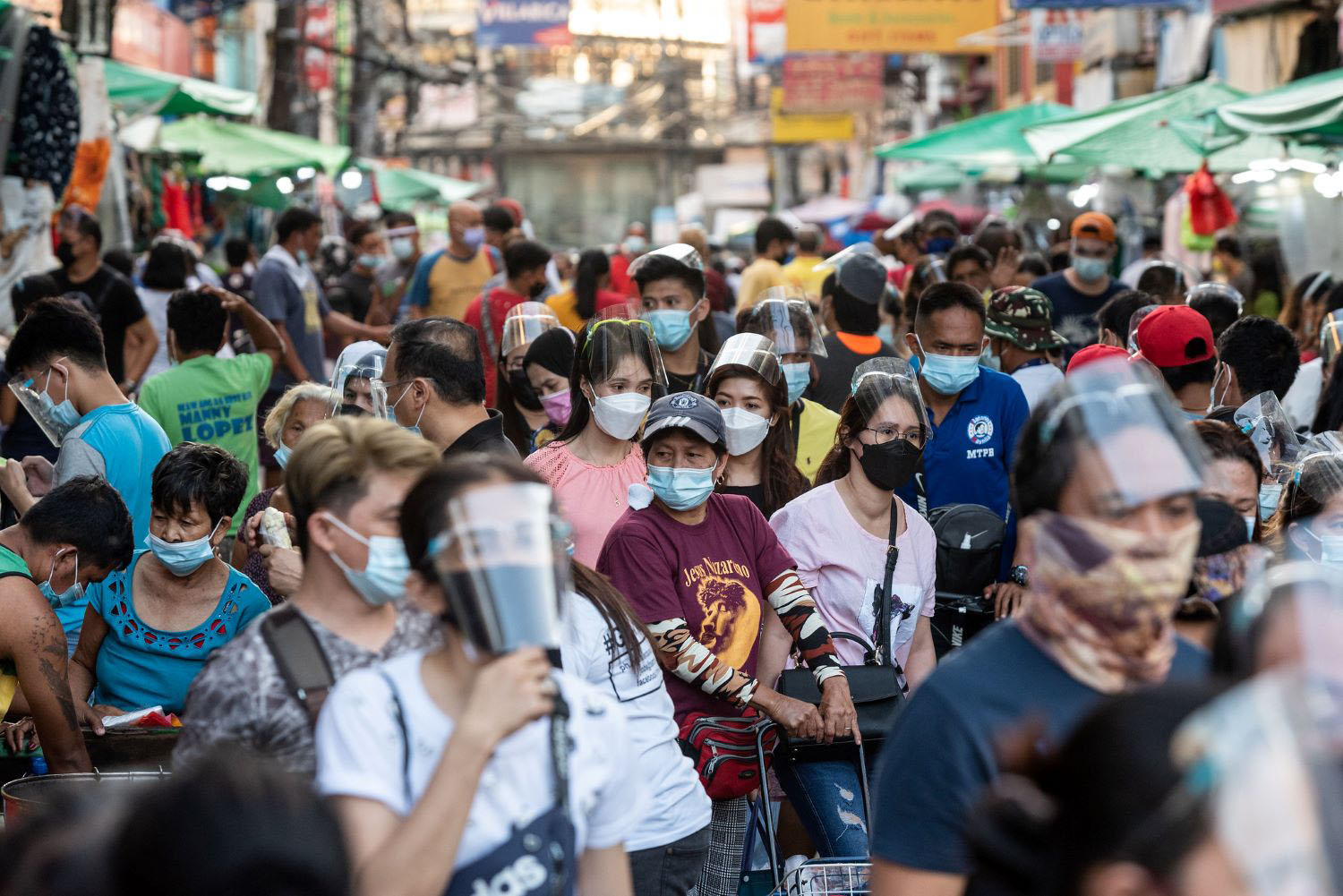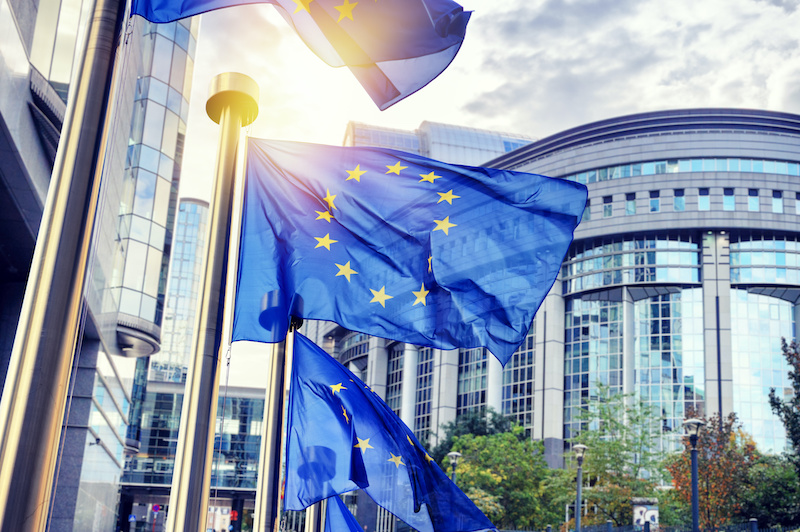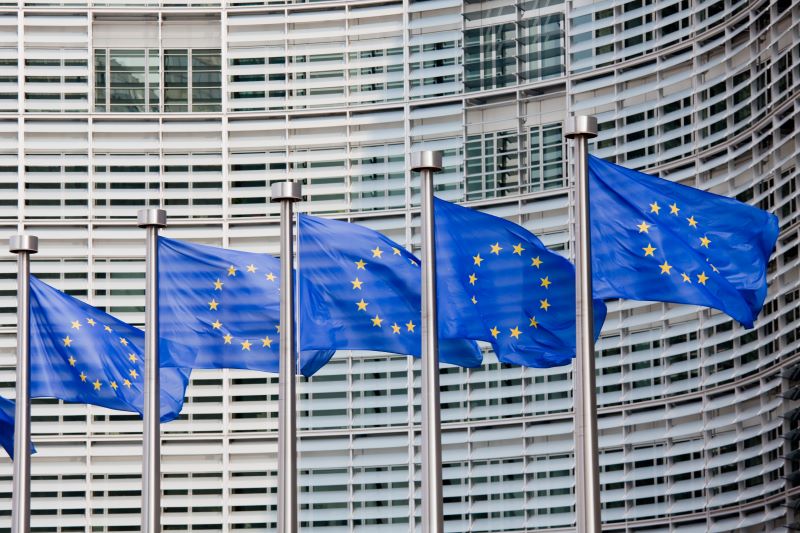Ideas to action: independent research for global prosperity
Research
Innovative, independent, peer-reviewed. Explore the latest economic research and policy proposals from CGD’s global development experts.
WORKING PAPERS
April 11, 2024
POLICY PAPERS
April 15, 2024
CGD NOTES
April 08, 2024
WORKING PAPERS
April 04, 2024
All Research
Filters:
Experts
Facet Toggle
Topics
Facet Toggle
Publication Type
Facet Toggle
Time Frame
Facet Toggle
Research
POLICY PAPERS
March 21, 2024
Already constrained by the economic aftershocks of COVID-19, the impact of the war in Ukraine, and the food and climate crisis, low-income countries and lower-middle-income countries now face a combination of soaring debt and high interest rates. Confronted with insufficient liquidity to respond to ...
POLICY PAPERS
December 14, 2021
The Bay of Bengal, the Sahel, and Small Island Developing States (SIDS) are especially vulnerable to the impacts of slow-onset climate events resulting from climate change. Global temperature warming is leading to a dramatic rise in sea levels, which will lead to coastal erosion and land loss across...
POLICY PAPERS
December 14, 2021
The impact of climate change, environmental degradation, and disasters on migration and human mobility is receiving more and more attention, by policymakers, academics, and the press alike. While there are gaps in the evidence base, much suggests that the vast majority of people will seek to move in...
POLICY PAPERS
October 28, 2021
Results-based financing (RBF) is one of several broad approaches to finance official development assistance (ODA) “that attempt[s] to connect at least a portion of payment to the verified achievement of results.” Despite some relatively high-profile programs and pilots—and broad interest and curiosi...
POLICY PAPERS
May 05, 2021
As the EU prepares to significantly scale up its deployment of blended finance, guarantees, and other risk-sharing tools aimed at stimulating investment in developing countries, and, in the face of spiralling needs as a result of COVID-19, this paper analyses how the EU could use its development bud...










